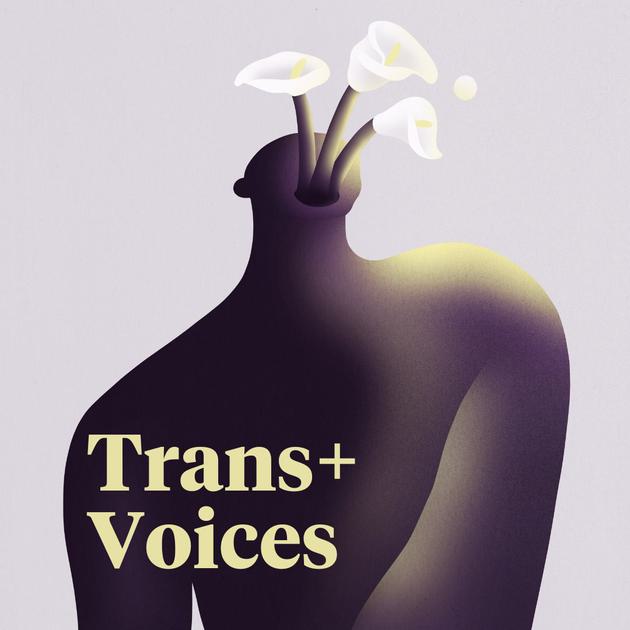
Trans+ Voices: it’s time to listen
TBIJ launches Trans+ Voices, a community-led investigation into the experiences of transgender people in the build up to the next general election
Over the past decade, trans rights have been increasingly debated by politicians and in the media. Accusations of transphobia have been levelled against MPs and political parties, while trans and non-binary people have grown used to their lives and very existence becoming an issue to be argued over.
This toxic political discourse was again demonstrated last month, when the prime minister Rishi Sunak made an anti-trans joke in the Commons while the grieving mother of the murdered transgender teenager Brianna Ghey visited parliament.
According to the former deputy chair of the Conservatives Lee Anderson, the “trans debate” should be a key battleground for the next election. No fewer than six Cabinet ministers mentioned trans and gender issues during their party conference speeches last October.
And it’s not just politicians. Countless column inches have been devoted to discussing trans and non-binary people – too rarely in a positive light and hardly ever from lived experience. While so-called trans issues have become a matter of public debate, the voices of trans people themselves – of whom there are more than 260,000 in the UK – are often missing.
It is in this climate that TBIJ is launching Trans+ Voices, a project that will work directly with trans and non-binary communities to explore the impact of this debate on their daily lives, particularly in the build-up to the UK election.
Trans+ Voices will begin with a series of listening events across the UK in partnership with trans-led organisations. It will also involve the input of a paid advisory panel.
The project is part of a new community-led approach being developed by Bureau Local, a team within TBIJ set up to support investigative journalism at a local level.This will be an opportunity for us to hear first-hand the issues affecting trans people, to determine the best way to shed light on them – and to involve communities in that process.
The project will also look into how dark money and influence groups stoke elements of this debate, including monitoring paid social media ads from political parties.
Political and media discourse has a real-life impact. In 2022, all hate crimes increased, but those against trans people rose the sharpest, a trend the Home Office put down to the discussion of trans issues on social media.
In a 2021 survey of trans people, 93% of participants reported that media transphobia impacted how strangers interact with them and 85% said it affected relationships with family members. More than 70% of people surveyed felt that media transphobia impacted their mental health.
As a starting point, Trans+ Voices will focus on the areas of the UK where hate crimes against trans people have risen most sharply or where rates are very low, potentially due to victims’ reluctance to report incidents. Although data like this isn’t perfect, this approach provides a way to look at the issue on a local level in the UK.
We will centre our initial work around Gloucestershire, Hampshire and Gwent, which have all seen particularly sharp increases in recorded hate crime incidents against trans people. West Yorkshire also has high rates, so we will also focus on Leeds and look at the experiences of trans people living in an urban area outside of London. We will also be speaking to people in Northamptonshire, which has one of the lowest rates in England and Wales.
If you’re interested in collaborating with us on this project or contributing your experiences, please get in touch at [email protected]. We plan to publish stories from our ongoing community-led investigative work throughout the year.

Illustrations by Hayley Wall




